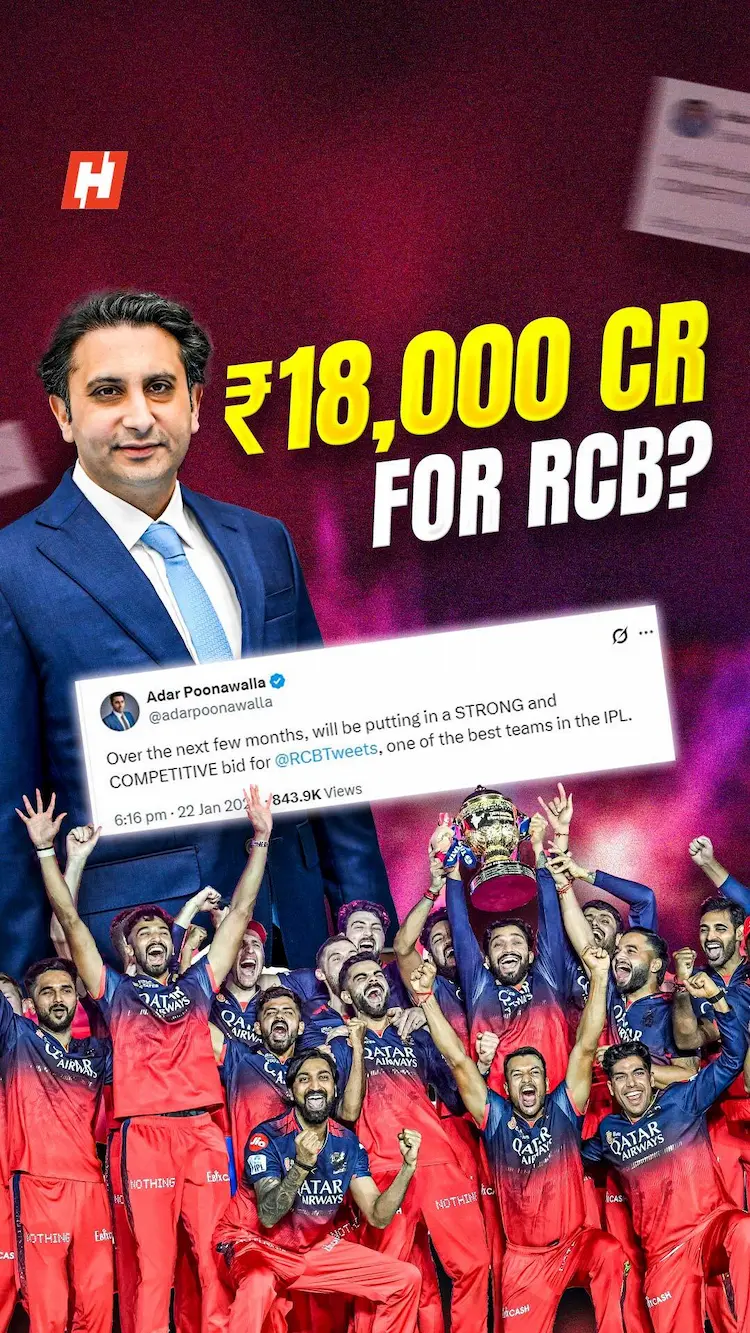AR Rahman’s journey: From Dileep Kumar to Sufism
Born as A. S. Dileep Kumar on January 6, 1967, in Chennai, AR Rahman grew up in a family deeply rooted in music. His father, R.K. Shekhar, was a composer for Tamil and Malayalam films. However, tragedy struck when Rahman lost his father at the age of nine, leaving his family in financial distress. To support his mother and siblings, he began working as a session musician, playing the keyboard for various composers.
His immense talent and dedication led him to form the band "Nemesis Avenue" and later, he started composing jingles for advertisements. It was during this period that his unique sound began taking shape, blending traditional Indian music with electronic and world influences. His big break came in 1992 when director Mani Ratnam offered him the chance to compose the music for 'Roja', a film that would forever change the landscape of Indian music.
The Transformation: Embracing Sufism and a New Identity
During his early struggles, Rahman and his family found solace in Sufism, which deeply influenced his personal and professional life. In 1989, he converted to Islam and adopted the name Allah Rakha Rahman. His newfound faith provided him with peace and direction, which is often reflected in his compositions that carry a spiritual depth and ethereal quality.
Rahman’s devotion to Sufism can be seen in many of his compositions, from the soul-stirring 'Khwaja Mere Khwaja' in 'Jodhaa Akbar' to 'Piya Haji Ali' in 'Fiza'. His music transcends religious boundaries and touches the hearts of listeners worldwide.
Marriage to Saira Banu: A Love That Stands the Test of Time
In 1995, Rahman married Saira Banu, and their relationship has remained one of mutual respect, love, and companionship for nearly three decades. Despite his global fame, Rahman has always credited Saira as his pillar of strength, keeping him grounded amidst the glamour of the entertainment industry. Together, they have three children, and their family life remains largely private, away from the public eye.
Rahman has often mentioned in interviews that his wife has been instrumental in maintaining a peaceful and harmonious home, allowing him to focus on his music without distractions. Their love story is a testament to the power of mutual understanding and support.
Global Recognition and Legacy
Over the years, AR Rahman has not only conquered the Indian music industry but has also gained worldwide recognition. With two Academy Awards, two Grammy Awards, a BAFTA, and a Golden Globe to his name, he has put Indian music on the global map. His work in Hollywood films like 'Slumdog Millionaire', '127 Hours', and 'Million Dollar Arm' showcases his versatility and ability to blend different musical styles seamlessly.
Despite his global success, Rahman continues to remain humble and committed to his roots. His music academy, the KM Music Conservatory, nurtures young talent, ensuring that the legacy of great Indian music continues for generations to come.
From a struggling young boy to a global music maestro, AR Rahman’s journey is nothing short of inspiring. His transformation from Dileep Kumar to AR Rahman, his deep connection with Sufism, and his enduring love for Saira Banu have shaped him into the legend he is today. With his music continuing to touch millions, his legacy is set to inspire future generations for years to come.









